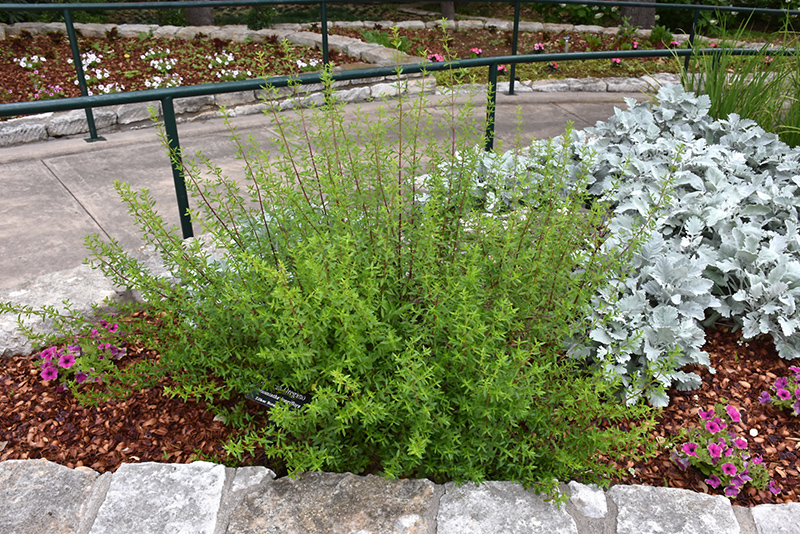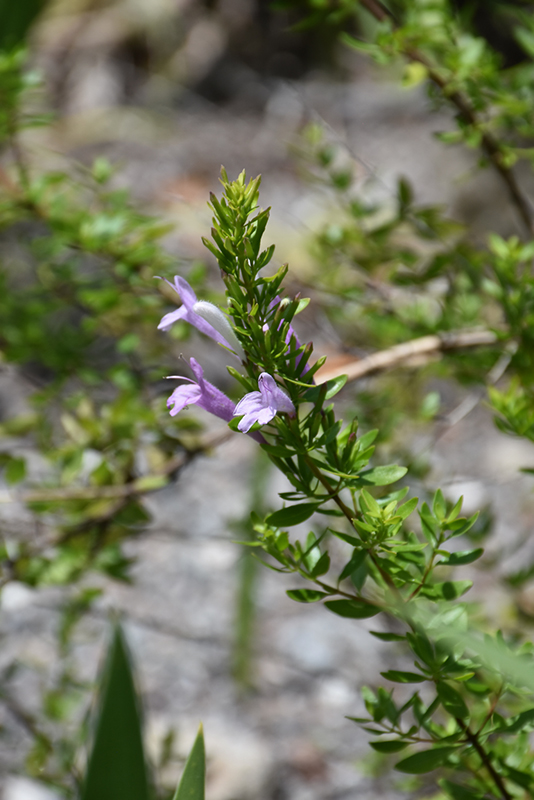Plant Finder
Height: 3 feet
Spacing: 30 inches
Sunlight:
![]()
![]()
Hardiness Zone: (annual)
Other Names: Rosemary Mint, Southwestern Oregano
Description:
A square-stemmed, bushy plant featuring aromatic, shiny, semi-evergreen leaves that are used as a culinary herb like oregano, but producing a stronger flavor; tubular lavender-pink flowers appear in summer and fall; may be overwintered indoors
Edible Qualities
Mexican Oregano is an annual herb that is commonly grown for its edible qualities, although it does have ornamental merits as well. The fragrant pointy green leaves which emerge light green in spring can be harvested at any time in the season. The leaves have a spicy taste and a strong fragrance.
The leaves are most often used in the following ways:
- Cooking
- Baking
- Seasoning
Planting & Growing
Mexican Oregano will grow to be about 3 feet tall at maturity, with a spread of 3 feet. When grown in masses or used as a bedding plant, individual plants should be spaced approximately 30 inches apart. Its foliage tends to remain dense right to the ground, not requiring facer plants in front. Although it's not a true annual, this fast-growing plant can be expected to behave as an annual in our climate if left outdoors over the winter, usually needing replacement the following year. As such, gardeners should take into consideration that it will perform differently than it would in its native habitat.
This plant is quite ornamental as well as edible, and is as much at home in a landscape or flower garden as it is in a designated herb garden. It does best in full sun to partial shade. It is very adaptable to both dry and moist growing conditions, but will not tolerate any standing water. This plant does not require much in the way of fertilizing once established. It is not particular as to soil type or pH. It is somewhat tolerant of urban pollution. This species is not originally from North America. It can be propagated by cuttings.
Mexican Oregano is a good choice for the edible garden, but it is also well-suited for use in outdoor pots and containers. Because of its height, it is often used as a 'thriller' in the 'spiller-thriller-filler' container combination; plant it near the center of the pot, surrounded by smaller plants and those that spill over the edges. It is even sizeable enough that it can be grown alone in a suitable container. Note that when growing plants in outdoor containers and baskets, they may require more frequent waterings than they would in the yard or garden.

